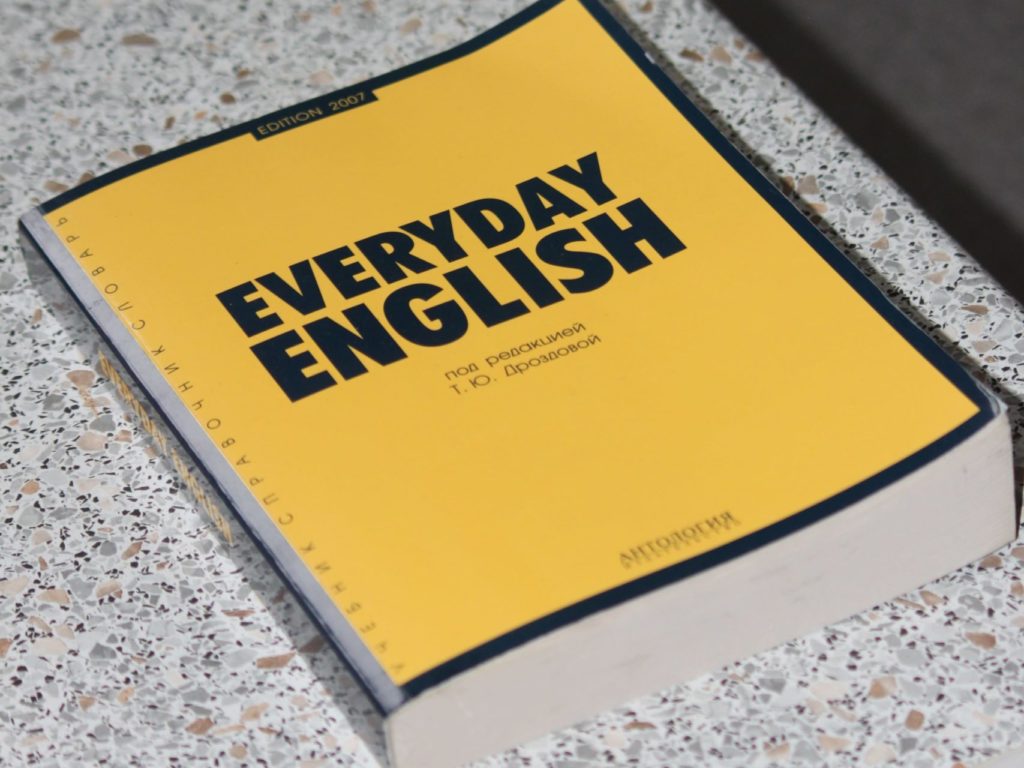If you plan to offer translation services in the future, you should know that there will be several words you won’t be able to translate. In this article, we’ll explain why, and we’ll offer some practical examples to make it easier for you to identify these words.
What are untranslatable words?
These are mainly words that have no equivalent in other languages due to their specificity. It can be a pun, the use of a term with a completely different meaning from the one expected, or simply a word that describes a reality that does not exist in other countries.
The translator’s impulse to translate such words must always be restrained. It is absolutely essential to understand the language of origin, but also the lexical twists and the way speakers use them, in order to understand, exactly, what the author of the text wishes to convey.
We recommend the use a footnote that explains, in detail, the full meaning of the term, thus avoiding the use of a word that does not have the semantic breadth required to improve the overall result of your translation.

Untranslatable Words in English
A good example of a complicated word to translate into other languages is facepalm (the gesture we use to communicate frustration). The same thing happens with bromance (a romance between “bros”). Another good example is gobbledygook, which refers to jargon that is so specific that it’s practically impossible for a lay person to understand. Shakespeare’s language is one of the most likely to have words whose translation is very nearly impossible.
Untranslatable Words in French
Let’s begin with a word born in Paris: flâner (the act of strolling calmly through the streets of the French capital). Cartonner literally means “wrapping an object in cardboard,” but in France it’s used to comment on the great success of a film, book, or musical group. Dépaysement refers to the disorientation a traveler may experience in a strange country.
Untranslatable Words in German
These are quite possibly the most curious of all. Sturmfrei refers to the situation a young man or woman experiences when their parents aren’t home, and they can have free reign of the house. Backpfeifengesicht means “face that deserves to be slapped” and is used practically as an insult. This is one of our favorites: verschlimmbessern (to make something worse when attempting to make it better).
Untranslatable Words in Italian
One of the most curious in this language is culaccino (the ring left by a glass on a tabletop). Mozzafiato is the term that describes something that surprises you and leaves you almost breathless. Struggimento refers to a feeling that encompasses anxiety, pain, grief, and depression.
We hope that with these examples, you’ll be able to see why some words are untranslatable, but we can also offer a few practical tips. If you come across any words like these in your work, it’s a good idea to find out their exact meaning and clarify this to the reader. Only this way will you be able to faithfully respect the author’s intent. Remember the ultimate goal is to make your translation the best reflection of the cultural context of the writer of the original text.






